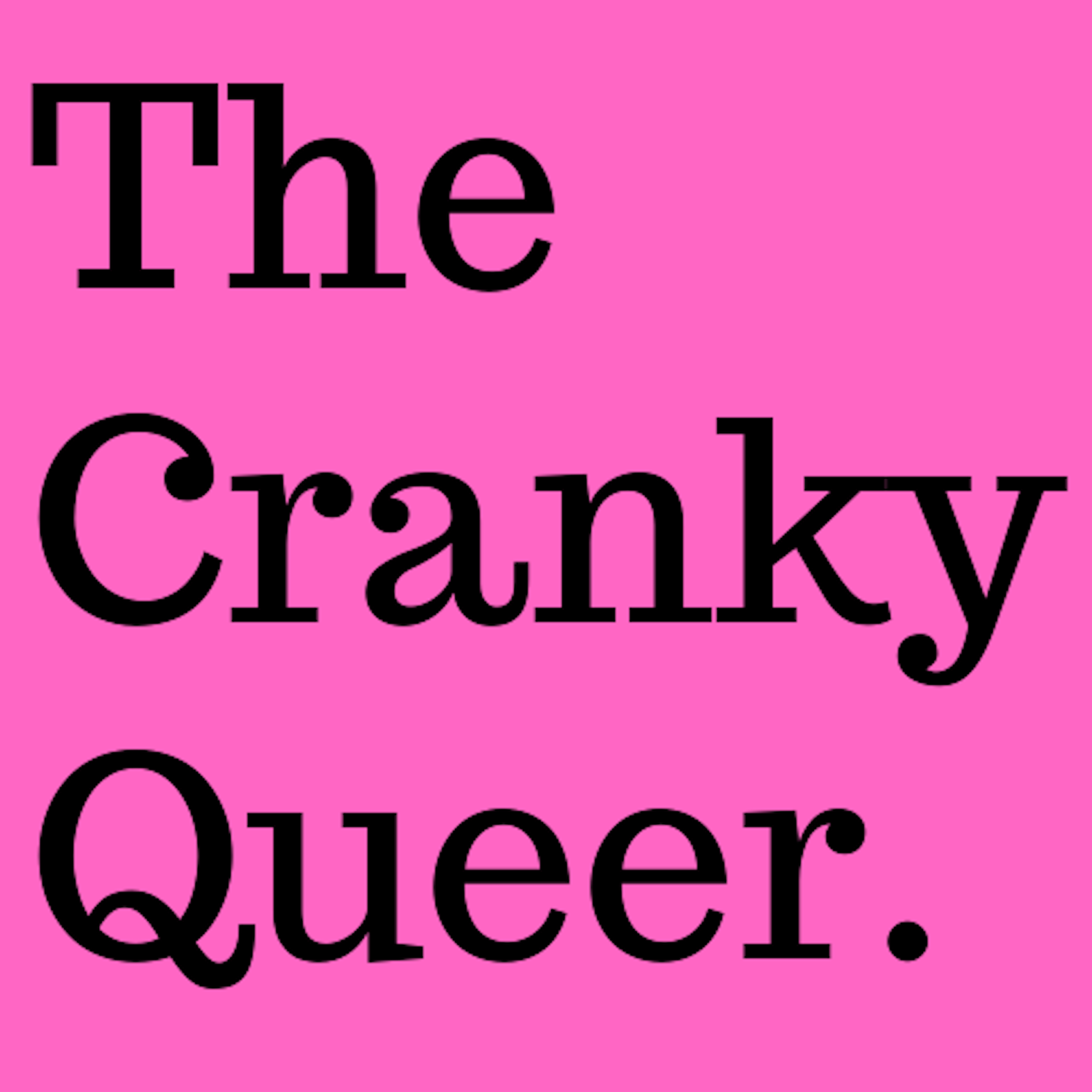“After COVID-19” is just for some, and “normal” never was: we need equity.
I served as the principal author of Chronic Injustice: Centering Equitable Health Care and Policies for COVID-19 and Other Chronic Conditions, a report released in March, 2021. It was commissioned and advised by the Health Care Access subcommittee of the COVID-19 Working Group of New York, and produced by Treatment Action Group (TAG).
I spoke at the press conference releasing the report; you can view the press conference, or read my prepared remarks.
From the Executive Summary:
No infectious disease epidemic in history has ever been so clearly fueled by chronic disease as COVID-19.
And yet, over a year from the COVID-19 pandemic’s onset, city, state, and federal leadership have no clear plan or processes in place to properly implement the many well-proven, community-led, and evidence-based practices to significantly prevent and control chronic diseases that have been exacerbated or caused by COVID-19.
Further, there is inadequate discussion and planning for the massive influx of chronically ill patients into strained and fractured systems of care already rife with inequities.
There is now abundant evidence that like other viruses such as poliovirus, SARS-associated coronavirus, and Epstein-Barr, SARS-CoV-2 can trigger chronic disease, often called Long COVID by people experiencing it and now referred to as post-acute COVID-19 syndrome (PACS) or post-acute sequelae of SARS-CoV-2 (PASC) by the National Institutes of Health (NIH).
At the same time, COVID-19 infections and the massive societal disruptions brought about by the pandemic have worsened conditions and outcomes for people with pre-existing chronic conditions.
New York will emerge from the pandemic with our residents facing an even more significant, potentially lifelong, and racially disproportionate burden of disease; physical, mental, and emotional health challenges; and a potential deluge of non-medical suffering associated with chronic conditions that have been created or worsened by COVID-19, including stigma, isolation, and economic devastation.
To honor those we have lost and those who remain in harm’s way, we must not accept an “end” to this crisis that consists solely of mass vaccination, a return to prior rates of in-person schooling, and the reopening of non-essential workplaces.

